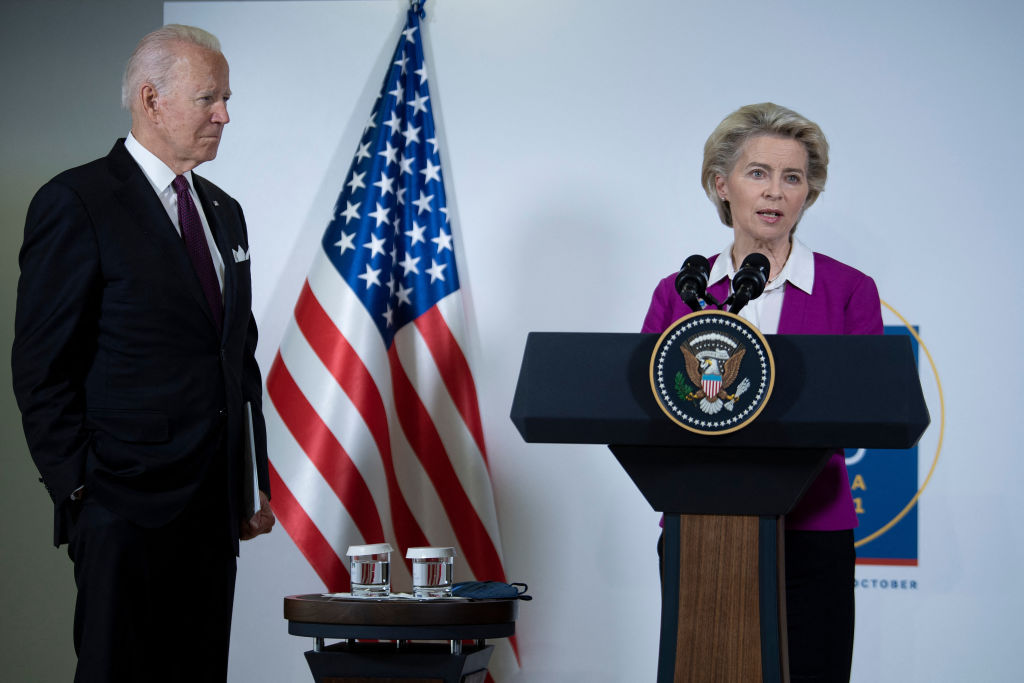
The eyes of the world are focused on Cop26, with carbon emissions as the headline issue. But carbon dioxide is not the only greenhouse gas responsible for climate change and global heating. Methane is also playing a significant role.
Today (2 November), world leaders will launch the Global Methane Pledge in Glasgow. What is it, and does it matter? Or is it just another fancy-sounding initiative that distracts attention from tougher issues?
Tell me more about methane
Methane is the second-largest contributor to global warming after carbon dioxide, accounting for 30 per cent of the average temperature rise to date. Methane traps more heat in the atmosphere than CO2, but it only does so for a relatively short period of time. While carbon dioxide lingers for hundreds of years, methane disappears after a couple of decades. Over a 20-year period, methane’s warming impact is more than 80 times higher than that of CO2.
In most people’s minds, flatulent cows are the main source of methane. But this is far from the only source.
Industrial farming practices more widely – especially rice-growing – are the largest source of methane globally. Methane emissions from large-scale farms in the US nearly doubled between 1990 and 2019. And these emissions will keep growing as the global population increases and developing countries get richer and consume more protein – unless action is taken.
However, cutting methane emissions from agriculture is challenging. There is no quick technological fix. Climate-friendly farming, feeding animals differently and populations eating less meat can help. But it demands time, money and considerable will.
Sounds difficult…
An easier win is fixing leaks in oil and gas supply chains. A third of global methane emissions come from the energy sector, and this is where the 2 November declaration is almost certain to focus its attention. The short-term climate impact of methane leaked by coal mines worldwide is larger than all of Europe’s carbon dioxide emissions put together, shows analysis by energy think tank Ember.
“Coal is dirtier than you think,” said Ember’s methane analyst, Anatoli Smirnov. “Methane leaks show that coal is harming us before mining begins and long after it ends.” These leaks are “relatively easy and cheap to address” and the technology to do so already exists, he added. A 75 per cent cut in methane emissions from oil and gas by 2030 is possible with existing technology at near-zero cost, says the International Energy Agency.
The Global Methane Pledge is being led by the EU and the US. They have managed to persuade 95 countries to come onboard. Signatories will commit to reduce global methane emissions by at least 30 per cent from 2020 levels by 2030. Some of the world’s top coal mine-methane emitters, the EU, US and Indonesia have already signed up.
Sounds good?
But there are some massive gaps. China, Russia, India and Australia are notably absent. This is especially problematic given that China is the world’s top emitter of coal-mine methane.
Further, the 30 per cent cut is not in line with the Paris Agreement’s pledge to limit warming to below 1.5°C below pre-industrial levels, said Ember’s global lead Dave Jones. Limiting global warming to this level will require a 45 per cent reduction by 2030.
US climate scientist and author of The New Climate War Michael Mann is even more scathing about the effort. “A lot of of talk about methane coming out of #G20 and heading into #COP26,” he tweeted on 1 November. “Yes, reducing methane is important/helpful. No, it isn’t even remotely a substitute for the more critical reductions in CO2 emissions. Methane lasts for decades in the atmosphere, CO2 lasts for centuries.”





